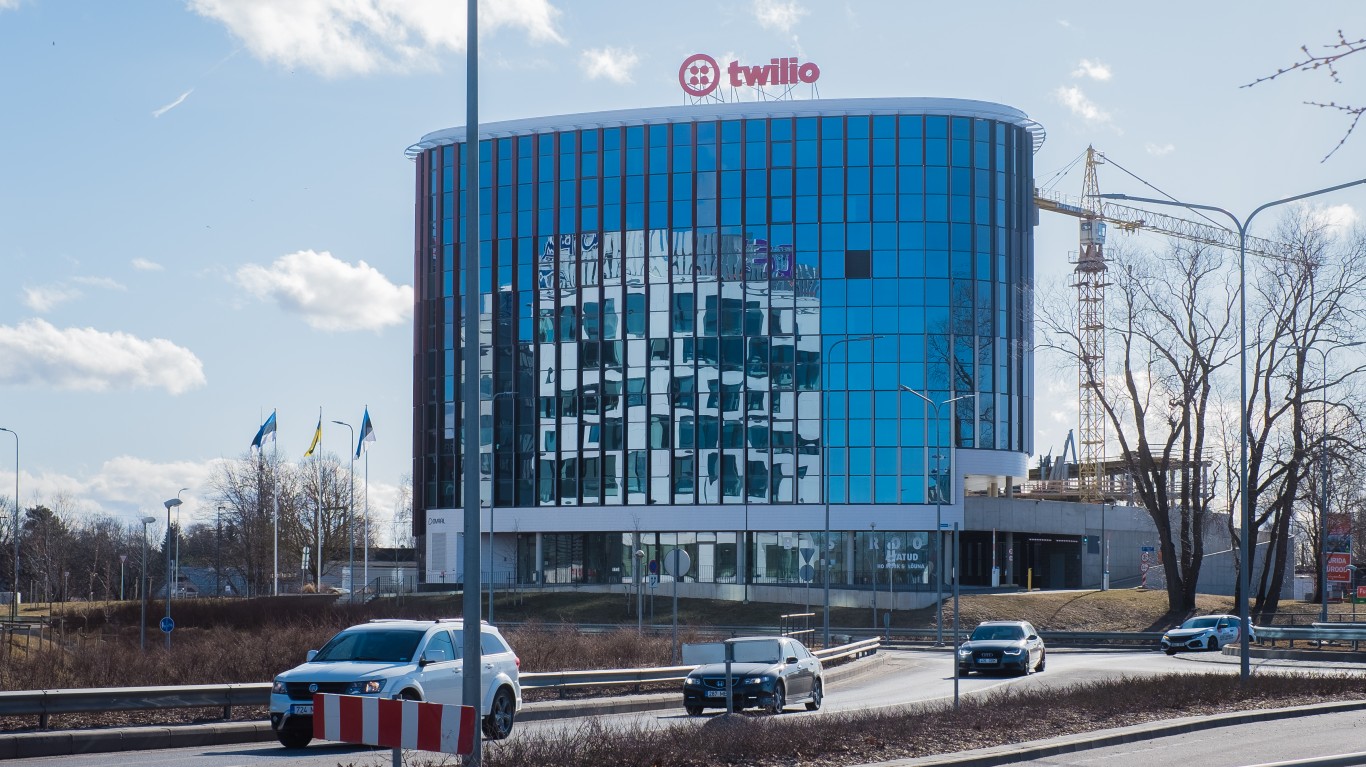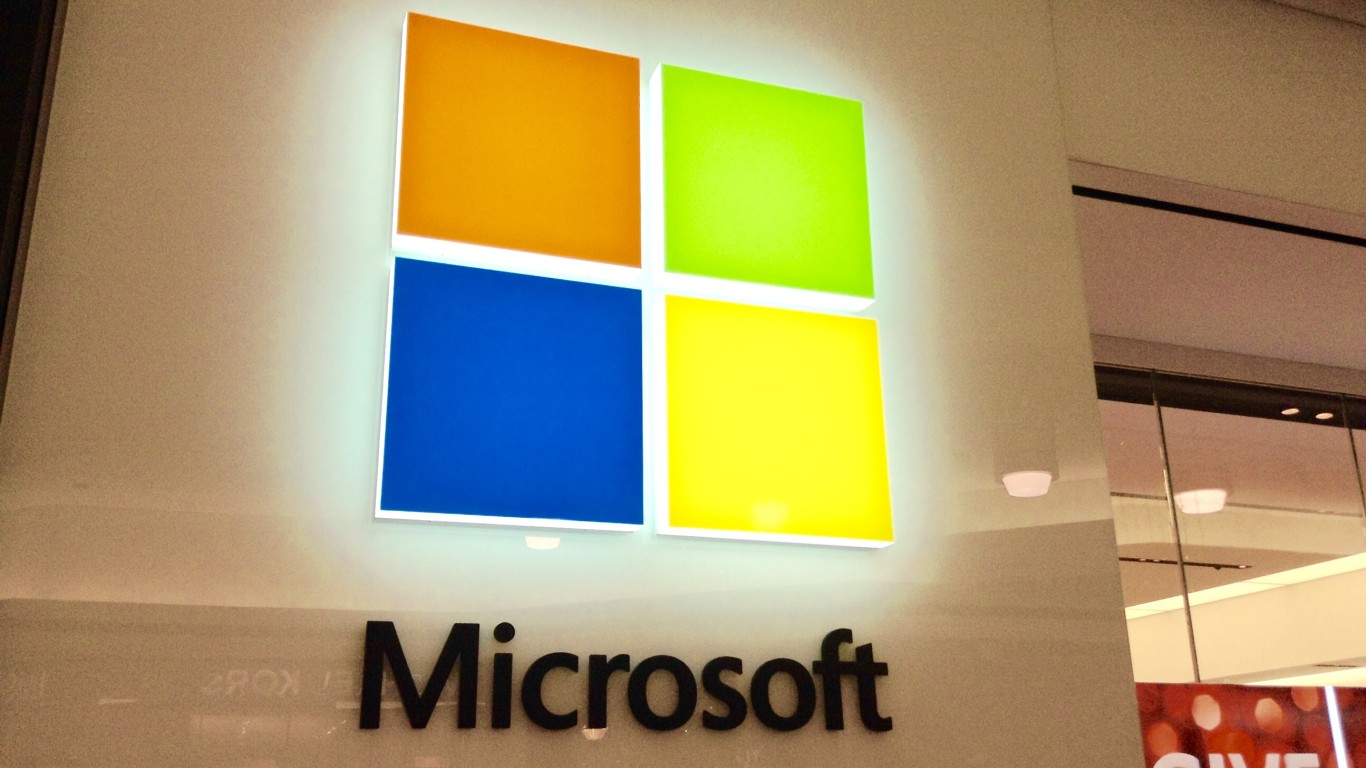 The U.S. Census Bureau released two pieces of widely followed data yesterday — one on poverty and the other on median income for 2010. The most interesting findings in this release were the state-by-state figures, especially when compared to national averages. A closer look at the statistics shows that a relatively small number of states suffer such widespread levels of low income and poverty that they skew the national numbers downward.
The U.S. Census Bureau released two pieces of widely followed data yesterday — one on poverty and the other on median income for 2010. The most interesting findings in this release were the state-by-state figures, especially when compared to national averages. A closer look at the statistics shows that a relatively small number of states suffer such widespread levels of low income and poverty that they skew the national numbers downward.
The national poverty rate last year was 15.1%. That is up from 11.3% in 2000 and is the highest it has been since 1993. Over 46 million people lived below the poverty line in 2010. The cut-off for that line is households of four people who made under $22,314. The other troubling news was that median income per household nationwide was an inflation-adjusted $49,445. This is about the same as in 1989 and down 2.3% from 2009. Economists fear that Americans are not consumers. It is easy to tell why when their real income has been frozen in place for more than two decades.
The problems of poverty and low income are as much local as national. The poverty rate is 21% in Mississippi. The state also has the lowest median income at $36,850. Mississippi is among the states with the worst education systems, highest obesity levels, highest unemployment, and lowest rates of health insurance coverage. The state is an economic black hole, and it shows in the way people suffer there. And, as is true with black holes, it is nearly impossible for the residents of Mississippi to escape their difficult financial situations. There is a dearth of federal programs that target specific states and cities based on local economic need.
24/7 Wall St. reviewed census data from all 50 states on median income, poverty rates, unemployment, and lack of health insurance. We then identified the ten states that have the lowest median income. We also looked at why low-income households are concentrated in these states and what, in some cases, has been done to reverse the difficult situations.
These are the poorest states in America.
10. North Carolina
> Median income: $43,275
> Poverty rate: 16.1% (tied for 9th highest)
> Without health insurance: 16.7% (13th highest)
> Unemployment: 10.1% (9th highest)
North Carolina has one of the lowest median incomes in the country. It does not perform much better on other metrics related to poverty. There have been a number of programs implemented to help combat poverty in the state recently. One example is the No Kid Hungry program which aims to end childhood hunger in North Carolina by 2015. According to information from the program, “more than 1 in 4 children in North Carolina do not get sufficient food.”
Also Read: Why The CEO Of Best Buy Should Be Fired
9. Alabama
> Median income: $42,218
> Poverty rate: 16.1% (tied for 9th highest)
> Without health insurance: 14.4% (21st highest)
> Unemployment rate: 10.0% (10th highest)
Alabama has one of the worst poverty rates in the country. Combined with an unemployment rate of 10% and a median income of just $42,000, state residents are in truly awful shape. While unemployment in most of the country has dropped in recent months, it has actually increased in Alabama. State Governor Robert Bentley, acknowledging the dire circumstances state residents face, has begun a “road to economic recovery” campaign aimed at creating jobs in order to pull the state out of depression. In an interview in the Andalusia Star News, Bentley says he hoped to create 10,000 new jobs by the end of the year, but that it would be challenging.
8. Kentucky
> Median income: $42,091
> Poverty rate: 17.3% (6th highest)
> Without health insurance: 15.5% (18th highest)
> Unemployment rate: 9.5% (13th highest)
Residents of Kentucky are among the poorest in the nation, and have the 6th highest rate of poverty. One way the state works to lessen the impact of poverty is through Community Action Kentucky, an organization that provides “direct social services to Kentuckians with low and moderate incomes in all 120 Kentucky counties.” The group provides services ranging from housing to employment training to Meals on Wheels. To raise awareness of community-based agencies, Governor Steve Beshear declared May “Community Action Month” this year.
Also Read: Income: The Lost Decade, And The One About To Begin
7. South Carolina
> Median income: $42,059
> Poverty rate: 14.9% (16th highest)
> Without health insurance: 17.6% (12th highest)
> Unemployment rate: 10.9% (4th highest)
South Carolina has the fourth-highest unemployment rate in the country, contributing to the state’s high level of poverty and seventh-lowest median income. According to the Greenville News, Governor Nikki Haley stated: “The No. 1 key to dealing with these is training people quickly and getting them back to work.” As a result, Haley is in the midst of developing a jobs training program designed to improve the readiness of the state workforce and, hopefully, drive new employers to South Carolina.
6. Montana
> Median income: $42,005
> Poverty rate: 13.4% (24th highest)
> Without health insurance: 16.3% (16th highest)
> Unemployment rate: 7.7% (18th lowest)
Aside from its exceptionally low median income, Montana does not rank particularly low on many poverty-related metrics. It also has a lower overall poverty rate than the national average of 15.1%. Times are still tough in the state. According to NBC Montana, the number of students who receive free or reduced cost lunches has increased by at least 2% each year since 2007. In some schools, the share of students receiving these benefits has exceeded 80%.
Also Read: The Eight Beers Americans No Longer Drink
5. Louisiana
> Median income: $41,896
> Poverty rate: 18% (4th highest)
> Without health insurance: 18% (11th highest)
> Unemployment rate: 7.6% (17th lowest)
Nearly one in five people in Louisiana lives in a state of poverty. This is the fourth-worst rate in the country. A full 18% of residents are without health insurance, and median income is the fifth-lowest in the country. The after effects of Hurricane Katrina and, to a lesser extent, the Gulf oil spill, have hurt tourism and job opportunities in the region. In an effort to stimulate the state economy, Governor Bobby Jindal has proposed the construction of a new gas-to-liquids facility, which is expected to create more than 5,000 jobs: “We’re here to make an announcement that could result in Louisiana’s largest economic development project in our state’s entire history.”
4. West Virginia
> Median income: $40,824
> Poverty rate: 15.7% (12th highest)
> Without health insurance: 13.9% (25th highest)
> Unemployment rate: 8.1% (tied for 24th lowest)
The percetange of West Virginia residents living below the poverty line has increased steadily since 2008. Worst still, approximately one in five West Virginia children now live in poverty. There has been an increase in the number of West Virginians with health insurance, however. This is likely due to government programs such as Medicaid and the Children’s Health Insurance Program, according to the Center on Budget and Policy, as there has been a decrease in employer-based coverage.
Also Read: The Nine States Slashing Unemployment Benefits
3. Tennessee
> Median income: $40,026
> Poverty rate: 16.1% (11th highest)
> Without health insurance: 14.7% (20th highest)
> Unemployment rate: 9.8% (11th highest)
Tennessee has the third-lowest median income in the United states, as well as some of the worst poverty and unemployment rates in the country. While speaking at the Kingsport Center for Higher Education, Governor Bill Haslan announced that the centerpiece of his job creation initiative was “setting the right environment.” “It has to have a low-tax and low-regulatory environment,” he continued. “We need to have elected officials who understand business.”
2. Arkansas
> Median income: $38,600
> Poverty rate: 16.5% (8th highest)
> Without health insurance: 18.5% (9th highest)
> Unemployment rate: 8.2% (25th highest)
Despite an unemployment rate that is almost a full percentage point below the national average, Arkansas is one of the poorest states. The state’s median income is the second lowest in the country. Its poverty rate and the percentage of people without health insurance also place the state among the ten worst. Poverty may be even worse among children in the state. According to a recent study by the Annie E. Casey Foundation, about 27% of children in the state lived in impoverished homes as of 2009.
Also Read: The Highest-Paying Jobs With The Most Time Off
1. Mississippi
> Median income: $36,850
> Poverty rate: 21.3% (the highest)
> Without health insurance: 18.7% (8th highest)
> Unemployment rate: 10.4% (7th highest)
In nearly every metric associated with poverty, education, employment, health risk, and insurance coverage, Mississippi has been close to the bottom for years. The state is among the ten worst for both unemployment and health insurance coverage. It has the worst poverty rate in the U.S., and by far the lowest median income in the country, at just $36,850 — not quite half of New Hampshire’s median household income. The state was also hit hard by Katrina, including the Gulfport Harbor, which the Federal Government is allotting $500 million to help rebuild. Proponents of the project expect thousands of jobs will be created in the process.
Now Read: America’s Richest States
100 Million Americans Are Missing This Crucial Retirement Tool
The thought of burdening your family with a financial disaster is most Americans’ nightmare. However, recent studies show that over 100 million Americans still don’t have proper life insurance in the event they pass away.
Life insurance can bring peace of mind – ensuring your loved ones are safeguarded against unforeseen expenses and debts. With premiums often lower than expected and a variety of plans tailored to different life stages and health conditions, securing a policy is more accessible than ever.
A quick, no-obligation quote can provide valuable insight into what’s available and what might best suit your family’s needs. Life insurance is a simple step you can take today to help secure peace of mind for your loved ones tomorrow.
Click here to learn how to get a quote in just a few minutes.
Thank you for reading! Have some feedback for us?
Contact the 24/7 Wall St. editorial team.





